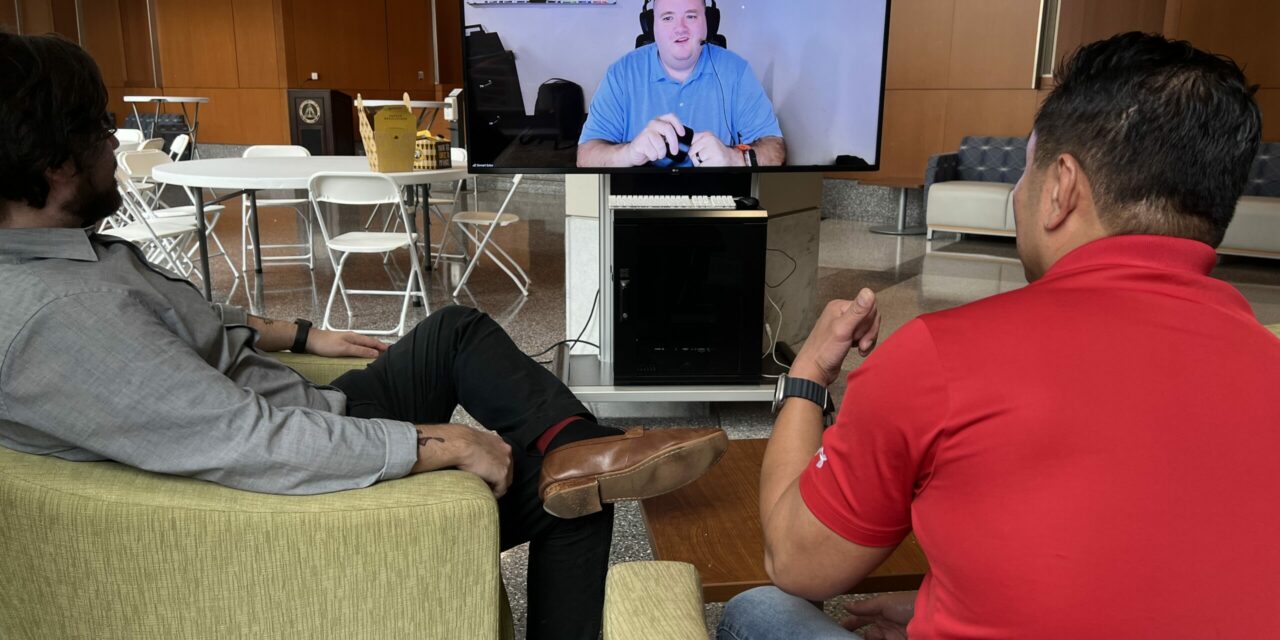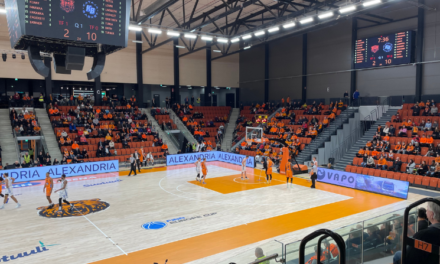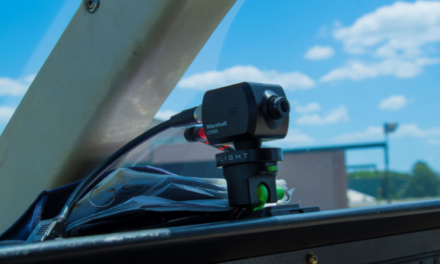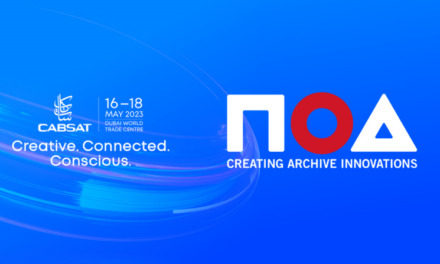Budapest, Hungary. 30 November 2022 — Nestled within the main Emory University campus in the Druid Hills section of Atlanta, Emory University School of Medicine is home to more than 400 future health professionals and it’s ranked among the top institutions for biomedical education, clinical care and research in the United States. Founded in 1915, the school boasts a diverse team of over 3,000 faculty members working in hospitals, clinics, classrooms, labs and research centers.
The School of Medicine’s physician faculty provides over 5 million patient service visits annually. They offer state-of-the-art clinical training to residents and fellows in the School of Medicine’s simulation labs and patient-care clinics. The School of Medicine sees rare and complex cases, from children through veterans and underserved populations, and quickly transfers research knowledge to patients in translational clinics.
COVID-19 required the School of Medicine to rethink active collaboration. Faculty physicians continued to keep the public informed during the pandemic – many while treating patients. Throughout the pandemic, the School of Medicine had many people coming onsite for simulation labs and patient-care clinics. Due to restrictions surrounding the pandemic, they had to distance themselves socially and areas were limited to eight people in a 30-foot-square-foot area. It required the School of Medicine to utilize spaces that were not traditionally used as gathering spaces but were large enough to socially distance.
“We started utilizing the atriums of buildings because it provided ample space,” explained Jon Hamilton, audiovisual manager for Emory University School of Medicine. “There’s no technology in these spaces – They were never designed to be collaboration spaces, but rather traditional atriums. The atriums are covered in wood paneling that can’t be retrofitted to add technology, so we were required to design a mobile solution.”
Hamilton added, “We built mobile AV carts but carried it another step further. We wanted to build something that could be wheeled into any space across the School of Medicine’s campus and could be operational within 10 minutes. No matter the setting, we required a solution that was plug-and-play.”
The faculty at the School of Medicine are both doctors and professors. Their focus is on medical education rather than learning how to operate the technology. Hamilton and his team at the School of Medicine had to provide a solution that was simple to use yet provided flexible features.
“We carefully selected the products for the mobile professional AV cart to create a powerful user experience,” noted Hamilton. “We integrated a large display, but we needed to select something practical. We chose a 65” display on a heavy-duty professional AV cart. For connectivity, we decided on a dedicated computer that enabled users to run a Zoom meeting seamlessly. We recognize the growing need for bring your own meeting (BYOM) functionality. While we considered a standard USB cable, it would require users to select the appropriate camera, microphone and speaker from the computer. It would be a tedious process and require some experience. We wanted to utilize USB-C to streamline the connectivity once users plug in their device.”
Hamilton added, “At the time, Lightware was the only company offering a USB-C switcher. I first heard about Lightware’s technology during LAVNCH WEEK. They were highlighting new products. One product that struck my attention and pinned my interest was Lightware’s Taurus UCX. We wanted USB-C because it makes everything native to a device. It truly catered to a seamless end-user experience.”
Lightware has introduced a revolutionary unified communications (UC) connectivity solution that bridges the gap between BYOM applications and USB-C devices. Lightware’s Taurus UCX is a universal matrix switcher that enables users to easily share their content, switch hosts and control their meeting room easily and intuitively.
“Lightware solved a problem that I didn’t know I had before I had it,” said Hamilton. “I solve end users’ problems, and I like it when other people do that for me. Most importantly, the end user does not know about the technology behind the experience, but it all works the same, no matter what they’re connecting. So much so, they’re just assuming that every system performs this way.”
Lightware’s Taurus UCX is designed to tackle meeting room and collaboration environment challenges. The Taurus UCX offers USB-C connectivity for simplified audio, video, power and control signal handling via one cable. The Taurus UCX allows seamless connectivity across various video conferencing applications, including Cisco Webex, Microsoft Teams, Zoom and others. It simplifies switching between video conference sources depending on the needs of a particular meeting.
For more information on Lightware, please visit lightware.com. Keep up with the latest news from Lightware on Facebook, Instagram, Twitter and LinkedIn.
-ENDS-
About Lightware Visual Engineering
Lightware Visual Engineering is a high fidelity signal management specialist in design, manufacture and delivery of a comprehensive portfolio of matrix switchers, extenders and AV-over-IP systems. Lightware’s devices are powering a wide range of AV projects from large-scale live events to collaboration spaces to mission-critical operations across four continents and the company proudly serves the global AV community for nearly 25 years.
For more information about Lightware Visual Engineering, please visit https://lightware.com/





